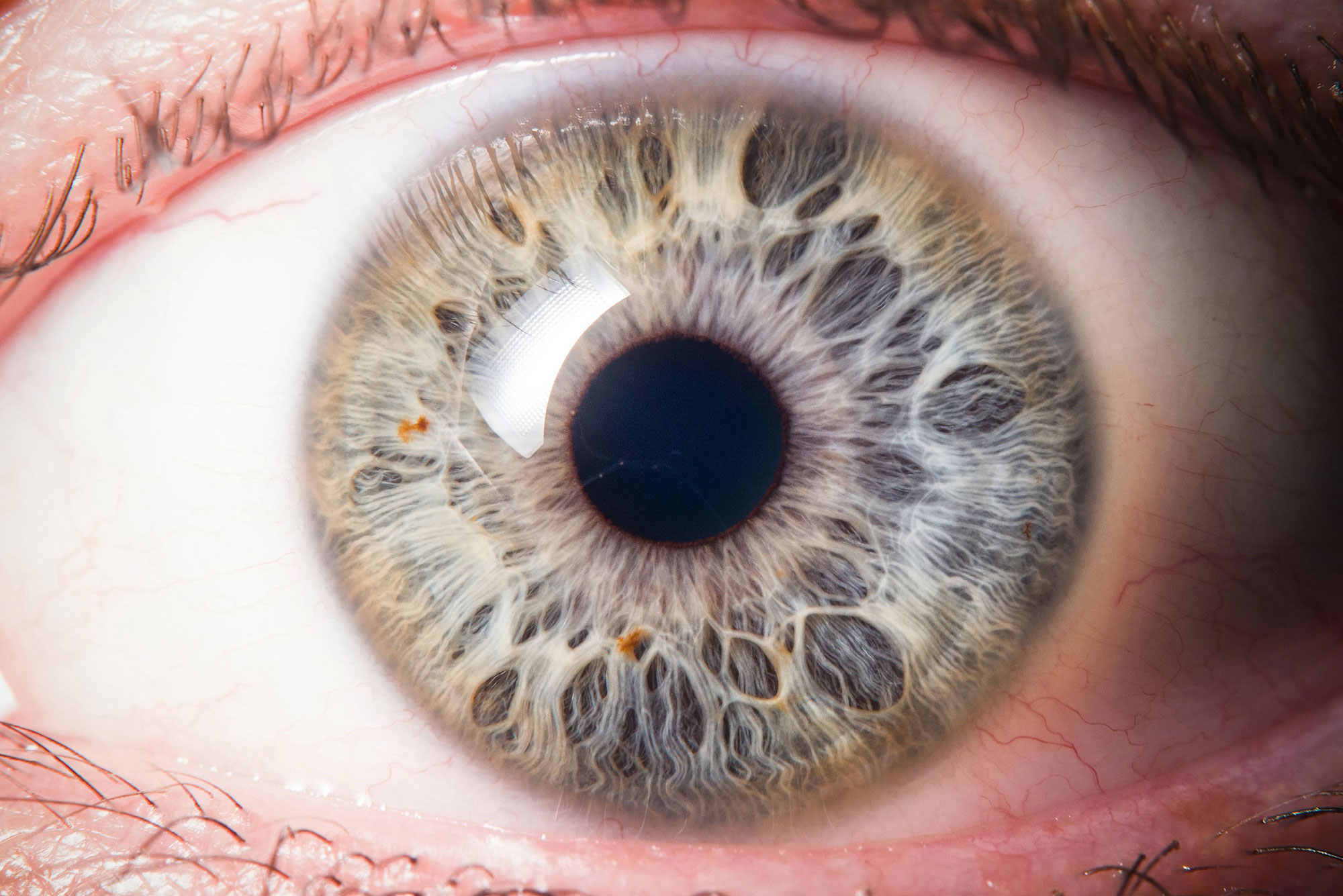Naturopathy
The fundamental principle of Naturopathy is the healing power of nature. Naturopathy is a system of healing that places emphasis on health and how to promote it, rather than concentrating on disease states and how to suppress them. The vital force is the foundation of naturopathic philosophy and the naturopathic therapist seeks to create the most favourable conditions to stimulate and enhance this healing power. The vital force, the energy of life, is known by different names – in China it is Ch’i or Qi; it is Ki in Japan and Prana in India.
In today’s society there is almost an acceptance that feeling generally unwell and sluggish is normal – you may not be seriously ill but neither are you full of the joys of spring! People who are chronically unwell may lose their awareness of true health. Naturopaths understand that health is not merely an absence of symptoms but also the feeling of fulfilment and vitality.
Disease is a manifestation of the vital force, applying itself to the removal of obstructions to the normal functioning of organs and tissues.
The Naturopath seeks to discover and remove the basic causes of disease, whether they are:
- Chemical – an imbalance in the chemistry of the body’s fluids due to dietary deficiency or dietary excesses, retention of waste products due to inefficient functioning of the bowels, liver, lungs, skin or kidneys, or poor circulation of body fluids
- Mechanical – i.e. muscular tensions, strained ligaments, stiff joints, poor posture, or spinal misalignments, leading to an interference in the functioning of the nervous and the muscular-skeletal systems
- Psychological – i.e. impaired function induced by stress, which may be due to worries and upsets in personal and domestic life and/or anxieties and pressures at work
Naturopathic medicine is a therapeutic system with specific principles:
- It recognises the uniqueness of each person. Each person responds in a unique way to his or her environment. Each of us has individual strengths, weaknesses and needs.
- It attempts to establish and treat the highly individualised causes of symptoms, rather than solely the symptoms themselves. A Naturopath searches for causes at many levels and attempts to remove the fundamental causes of illness, not simply relieve symptoms.
- It uses a holistic approach to healing, treating the whole person and not just the affected, local area i.e. disease affects the whole person – the mind, body and spirit – and not just an isolated organ or system of the body. An individual has the power to heal him or herself through internal vitality.
A Naturopath has two main roles:
- Firstly, to educate clients to take responsibility for their health and to help them understand the fundamental laws of health. In naturopathic philosophy it is important to explain to the client why disease occurs and what the client can do for him or herself to maintain the new, improved level of health given to them by naturopathic treatment. In this way the client is given the responsibility for his or her health
- Secondly, to use appropriate natural therapies to increase vitality and restore internal harmony.
Naturopathic approaches
Effective diagnostic techniques used by a Naturopath may include iris, facial, tongue, nail or pulse analysis, kinesiology, blood microscopy. After appropriate diagnostic evaluation, a Naturopath may employ any of the various therapeutic modalities in which he or she has been appropriately trained, and can demonstrate competence in them. Naturopathic Dietary Treatment, Homeopathy, phytotherapy (herbal medicine), nutritional therapy, osteopathy, chiropractic and reflexology are among the various modalities that may be used. Where appropriate for the client, naturopathic therapies will be used to complement orthodox medicine. The following are considered to be of primary importance in the naturopathic approach to disease.
- Nutrition and dietetics. This includes advice on a balanced, natural diet while emphasising the importance of ensuring digestive system efficiency in the actual metabolism of food and/or supplements.
- Structural adjustment. By such methods as osteopathy, chiropractic, neuromuscular techniques, postural re-education and remedial exercise, the Naturopath seeks to restore balance and integrate the spine, muscles, ligaments and joints of the whole person, thus re-establishing the efficient flow of the neural and vascular systems.
- Hydrotherapy. This is the use of water, both internally and externally in the form of baths, packs, compresses, sprays and douches. Hydrotherapy is of value in most conditions and correctly applied can give remarkable results for both acute and long-standing conditions.
- Healthy life-style. This includes the general care of one’s mind and body, the use of appropriate physical exercise, the cultivation of a positive approach to life enhancement etc.



